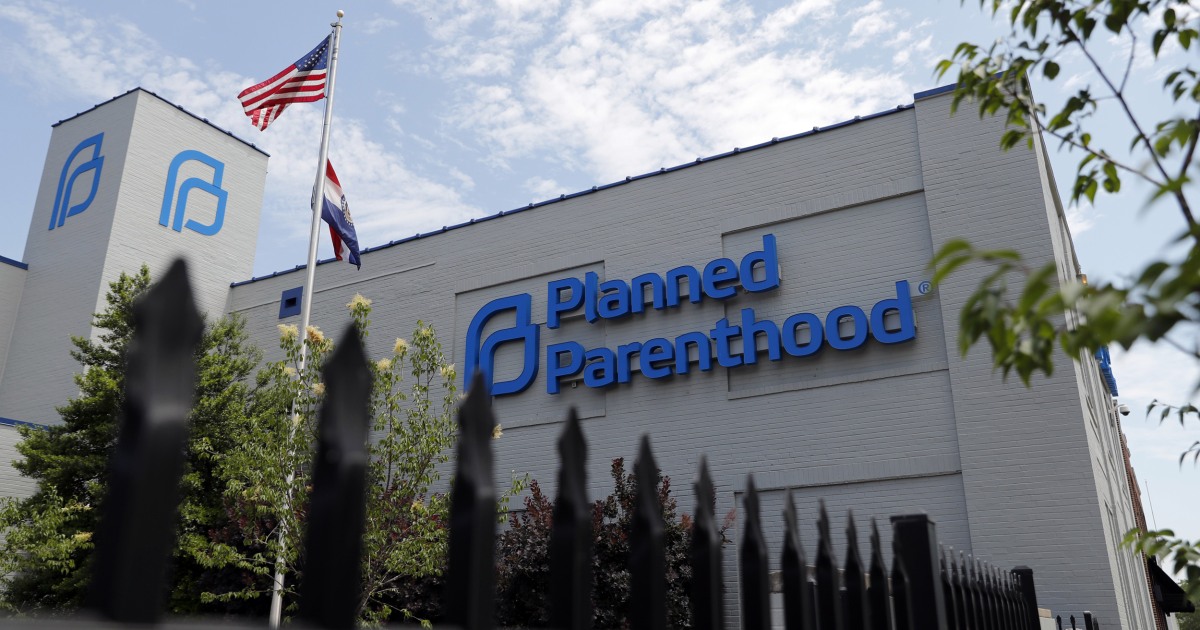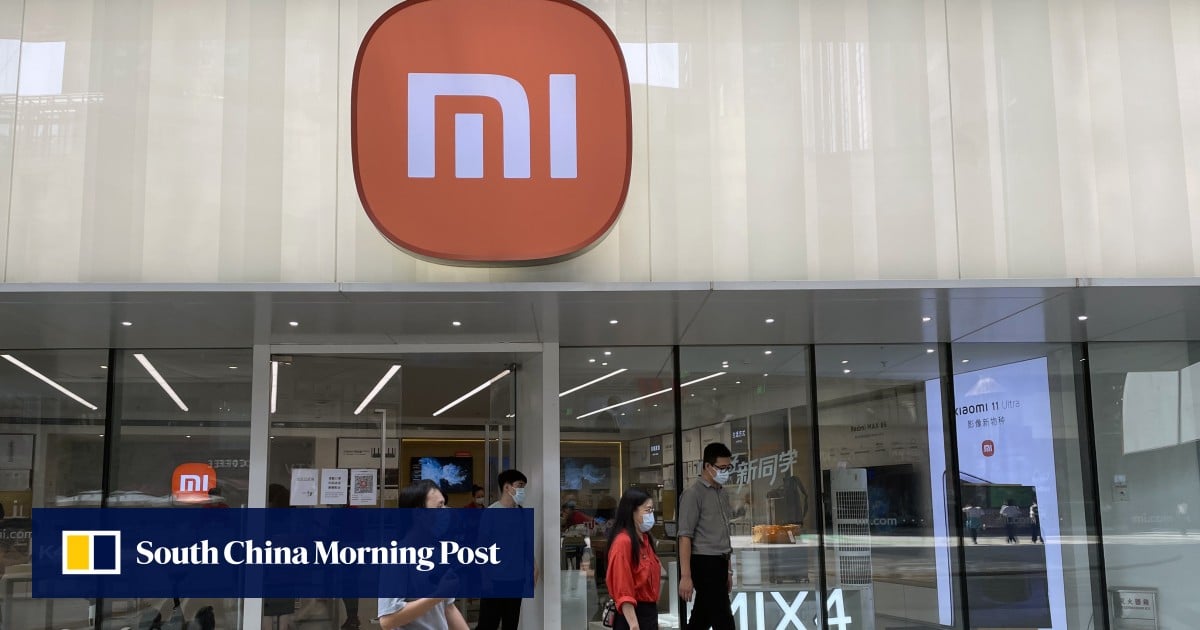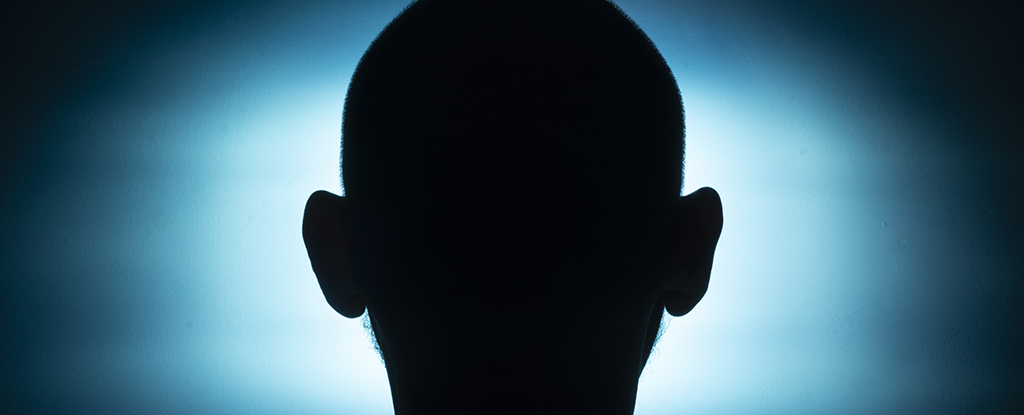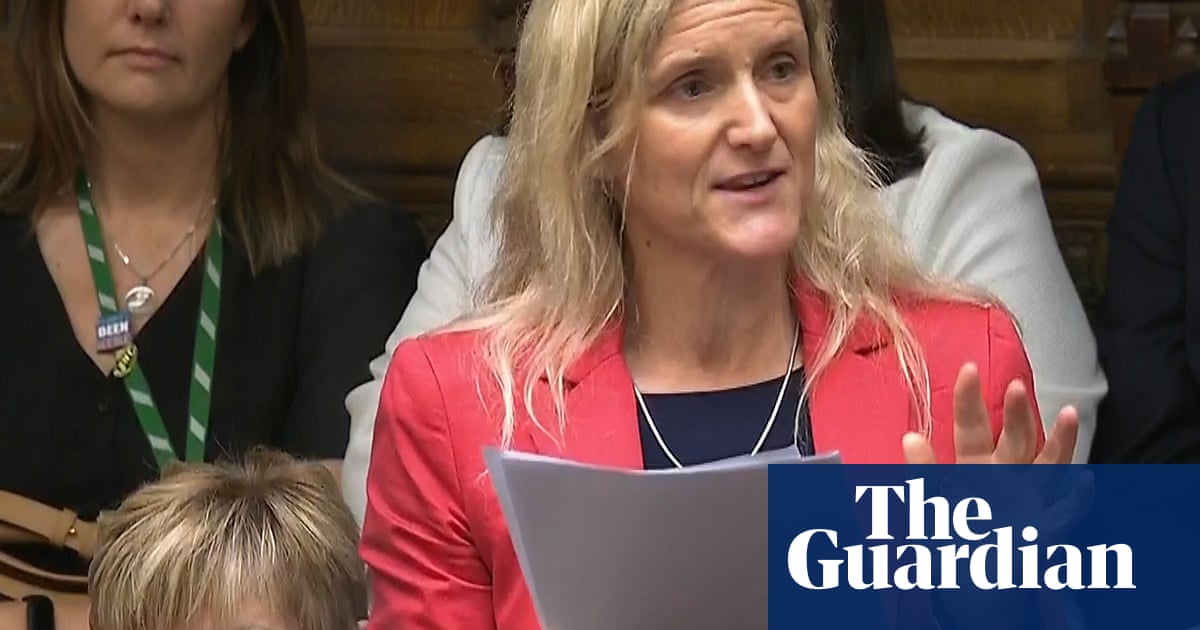HSA Issues Warnings After Seizing $83 Million in Illegal Health Products

SINGAPORE – In a significant enforcement initiative, the Health Sciences Authority (HSA) has taken action against 732 sellers of illegal health products operating across online platforms. This action is part of a larger global operation, known as Operation Pangea, coordinated by Interpol, aimed at curbing the burgeoning problem of pharmaceutical crime.
Among those warned was an 18-year-old woman in Singapore who advertised the sale of contact lenses on the popular messaging app, Telegram. According to a statement released by HSA on June 26, this enforcement in Singapore contributes to a global crackdown that has seen participation from 90 countries and lasted from December 16, 2024, to May 16, 2025.
The operation resulted in the seizure of a staggering 50.4 million doses of illegal pharmaceuticals, valued at approximately US$65 million (S$83.2 million). In addition, 769 suspects were arrested, and 123 criminal groups were dismantled worldwide, marking the largest seizure and arrest tally in the 17-year history of Operation Pangea.
According to Interpol, this operation sheds light on the alarming scale of the global trade in unapproved and counterfeit medicines. The sting led to the shutdown of around 13,000 websites, social media pages, channels, and bots that were involved in the marketing and sale of these illegal products.
Malaysia led the way in removing the highest number of online listings, totaling 7,000, followed closely by Russia, Ireland, Singapore, and Iran. Collectively, these five countries accounted for an astonishing 96 percent of all listings that were taken down during the operation.
Among the types of pharmaceuticals seized, psychostimulants and anti-anxiety medications topped the list, followed by drugs used for treating erectile dysfunction. Other notable products that were confiscated included anabolic steroids, anti-diabetic medicines, anti-smoking products, and various health supplements. Interpol reported that a staggering 93 percent of the confiscated pharmaceuticals had not received approval from any national health authority, with the remainder classified as counterfeit or misbranded items.
In Singapore specifically, the HSA reported the removal of 1,288 illegal health product listings from e-commerce platforms and social media. The categories included prescription medications for skin and hair disorders, antibiotics, antifungal and antiviral treatments, acne creams, and hair loss treatments, all of which pose considerable health risks to consumers who self-medicate.
“Consumers who choose to purchase medicines online are putting their health at significant risk,” emphasized HSA. “Prescription medicines contain potent ingredients and should only be administered under proper medical supervision.” The authority also warned against the unsupervised use of antibiotics and antifungal products, which can lead to adverse reactions and mask underlying health issues that require proper medical diagnosis.
The top three categories of illegal health products removed in Singapore included medications for skin and hair conditions (37 percent), antibiotics and antifungal creams (15 percent), and unregistered contact lenses (13 percent). HSA also removed various diagnostic and health screening devices from online platforms.
In a concerning case, the 18-year-old seller of the contact lenses was operating from a rented booth in a shopping mall in eastern Singapore. During a joint inspection conducted by the HSA and the Ministry of Health (MOH), authorities confiscated 280 unregistered contact lenses. Investigations revealed that the seller had purchased a total of 500 lenses from an overseas website for resale, making a profit by selling each pair for $12, double the purchase price of $6.
It is imperative to note that contact lenses are classified as medical devices, which must be registered with relevant authorities before they can be sold. Selling unregistered contact lenses online is illegal, and during this operation, HSA identified and removed 171 listings for such lenses from local e-commerce sites and social media platforms. Additionally, 16 overseas websites selling unregistered lenses to consumers in Singapore were blocked.
The HSA has emphasized the dangers associated with unregistered contact lenses, which have not undergone safety and quality evaluations. Users are at risk of severe complications, including eye infections, corneal ulcers, and potential vision impairment, as these lenses are worn directly on the eye surface. Since January 2024, the authority has received seven reports from individuals suffering adverse effects from using such lenses, including redness, conjunctivitis, and blurred vision.
Legal repercussions for those engaged in the illegal sale of unregistered contact lenses can be severe. Individuals caught importing or supplying these products may face fines of up to $100,000 and/or up to three years in prison under the Health Products Act. According to the Optometrists and Opticians Act, unqualified individuals who dispense contact lenses may incur fines up to $25,000, six months’ imprisonment, or both for first-time offenses, with subsequent violations leading to even harsher penalties.
Authorities have urged the public to report any illegal, counterfeit, or suspicious health products encountered online. Individuals can contact HSA’s enforcement branch at 6866-3485 or via e-mail at hsa_is@hsa.gov.sg for further assistance.
For the latest updates and news, join ST's WhatsApp Channel.
























